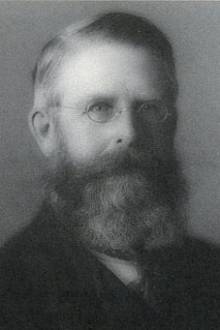
Sir William Mulock
Sir William Mulock was a lawyer, educator, businessman, politician and judge.
In Parliament from 1882 to 1905, he was postmaster general under Sir Wilfred Laurier and organized the federal Department of Labour, becoming its first minister. He negotiated an intergovernmental agreement to establish a telecommunications cable linking Canada, Australia and New Zealand and was instrumental in joining Canada and the United Kingdom through radio. He chaired the parliamentary inquiry into telephones that led to the regulation of Canadian telecommunications, and took part in the negotiations that led to the creation of Alberta and Saskatchewan as provinces.
He was he was chief justice of Ontario from 1923 to 1936. As vice-chancellor of the University of Toronto from 1881 to 1900, he was the primary force in federating denominational and professional colleges into the modern university. He served as chancellor from 1924 to 1944.
Mulock was active in both business and the community and was involved in the founding of the Toronto-Dominion Bank, the Toronto Star, Toronto Wellesley Hospital and Canada's first national peace organization. In later life, he was known as the "Grand Old Man" of Canada.
University College’s Mulock House is named after him, as is a secondary school in Newmarket, Ontario.